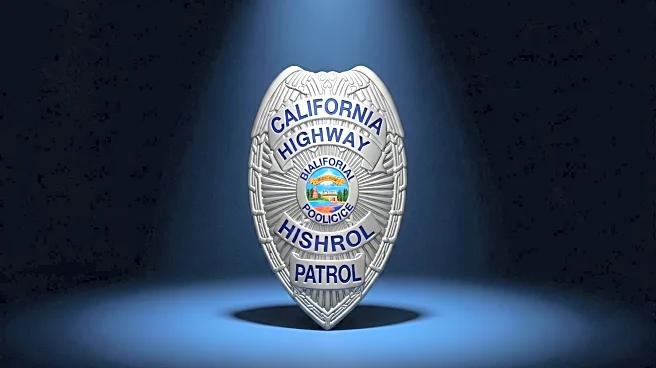What's Happening?
California Governor Gavin Newsom has announced the deployment of California Highway Patrol teams to assist local police in various locations across the state. This move is seen as a counter to President Trump's proposal to use National Guard troops to patrol American cities, including Los Angeles and Washington, D.C. Newsom's approach emphasizes community policing and rehabilitation, contrasting with Trump's focus on military intervention and harsher penalties for crimes. The deployment aims to address specific crime hotspots using data-driven strategies, while also highlighting the differences between law enforcement and military presence in maintaining public safety.
Why It's Important?
The deployment of California Highway Patrol officers represents a significant ideological clash between Democratic and Republican approaches to crime prevention. Newsom's strategy focuses on community engagement and targeted policing, which may foster trust and cooperation in affected areas. In contrast, Trump's military-focused approach could lead to increased tension and fear among residents. This debate has broader implications for national crime policy, potentially influencing public opinion and shaping future legislative efforts. The outcome of this showdown may impact the political landscape ahead of upcoming elections.
Beyond the Headlines
Newsom's deployment of CHP officers also reflects ongoing efforts to reform law enforcement practices in California. The state has implemented various measures to increase transparency and accountability, aiming to balance enforcement with rehabilitation. This approach challenges traditional views on crime prevention and highlights the importance of addressing underlying social issues. The debate between Newsom and Trump underscores the complexity of achieving public safety while respecting civil liberties and community needs.








